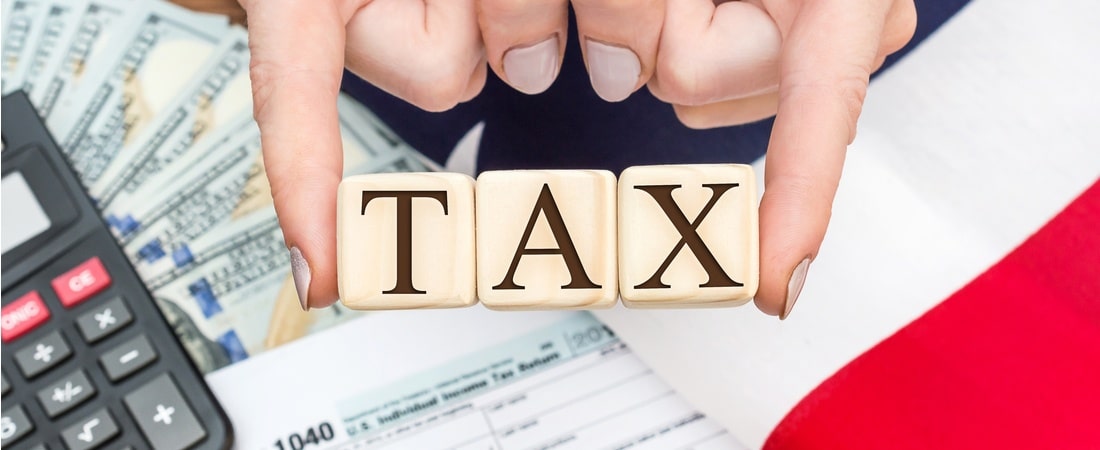How Much Financial Paperwork Should You Keep?

The question of how much financial paperwork to keep often arises as we sift through receipts, bills, and tax documents. Here's a guide to help you decide what financial records to retain and for how long:
What Financial Documents Should You Keep?

- Tax Returns and Supporting Documents: You need to keep your tax returns along with the documents supporting your filings. These include receipts for business expenses, tax payments, and any IRS communications.
- Bank Statements and Credit Card Statements: These are critical for tracking your financial health, resolving disputes, and monitoring for fraud.
- Investment Records: Keeping records of purchases, sales, dividends, and statements is essential for calculating capital gains and losses during tax filing.
- Insurance Policies and Bills: Documentation of your insurance policies and related claims can provide proof of coverage.
- Mortgages and Leases: Any loan agreements or lease contracts should be kept as long as the loan or lease is active.
- Pay Stubs: You might need to keep them for a full year to reconcile your W-2 or 1099 forms.
How Long Should You Keep These Documents?

- Tax Returns: The IRS advises keeping tax returns and supporting documents for at least three years after filing, but there are cases where a six or even seven-year retention period is recommended.
- Investment Records: Keep them for at least seven years after selling an investment to accurately calculate capital gains or losses.
- Bank and Credit Card Statements: Retain these for one year unless they’re needed for tax purposes, then follow the tax recordkeeping guidelines.
- Homeownership Records: Retain records of improvements, mortgage documents, and insurance policies for as long as you own the home or even longer for tax purposes.
- Pay Stubs: Typically, a year’s worth is sufficient, but keep them longer if you need to prove income or employment.
- Insurance Documents: Retain insurance policies and related bills for at least three years or as long as the policy or claim remains open.
📌 Note: In cases of under-reported income, failure to file, or fraud, you might need to keep records longer. Consult with a tax professional if you’re unsure.
How to Store and Organize Financial Documents

- Paper: Use a filing cabinet or system with labeled folders for each category. Ensure it’s in a secure, fireproof location.
- Digital: Scan documents and use cloud storage or secure external drives. Ensure you have a backup system in place.
- Hybrid: Many people store physical copies for the short term while retaining digital copies for longer-term storage.
| Document Type | Retention Period |
|---|---|
| Tax Returns and Supporting Documents | At least 3 years; extend to 6 or 7 years in specific cases |
| Bank and Credit Card Statements | 1 year unless needed for tax purposes |
| Investment Records | 7 years after selling |
| Homeownership Records | As long as you own the property or indefinitely for tax purposes |
| Pay Stubs | 1 year unless needed to prove income |

When to Shred Financial Documents

- Shred Documents: Once the retention period has passed, or if you receive a confirmation of a resolved dispute or legal matter.
- Privacy: Always shred documents with personal information to protect yourself from identity theft.
🛡️ Note: Use a shredder that cuts paper into tiny pieces, making it difficult for someone to reconstruct the document.
Summing it up, maintaining a proper financial paperwork retention policy is not only about tax compliance but also about safeguarding your financial history. With the right organization and retention periods, you can manage your financial documents efficiently, ensuring you’re prepared for any audits, disputes, or financial planning needs. Remember, while this guide gives a general idea, individual circumstances can vary, so consult with a financial or tax advisor for personalized advice.
How long should I keep my tax returns?

+
The general rule is to keep tax returns and supporting documents for at least three years after filing. However, in cases of under-reported income, failure to file, or fraud, a longer retention period might be required.
Should I keep all bank statements?

+
You should keep bank statements for at least one year, unless they’re needed for tax purposes or to support any unresolved financial issues or disputes.
Can I store financial documents digitally?

+
Yes, you can store financial documents digitally. Ensure you use secure, encrypted cloud storage or external drives and have a reliable backup system.